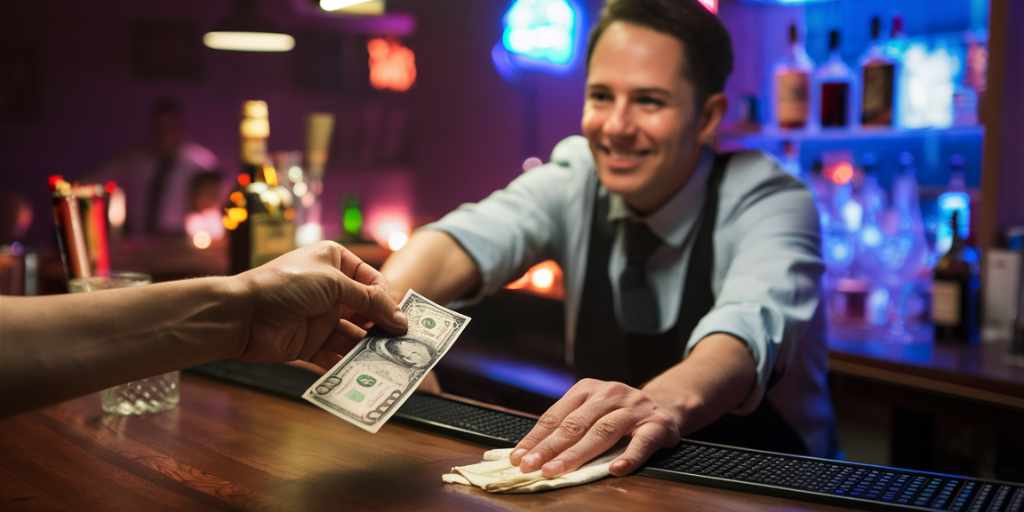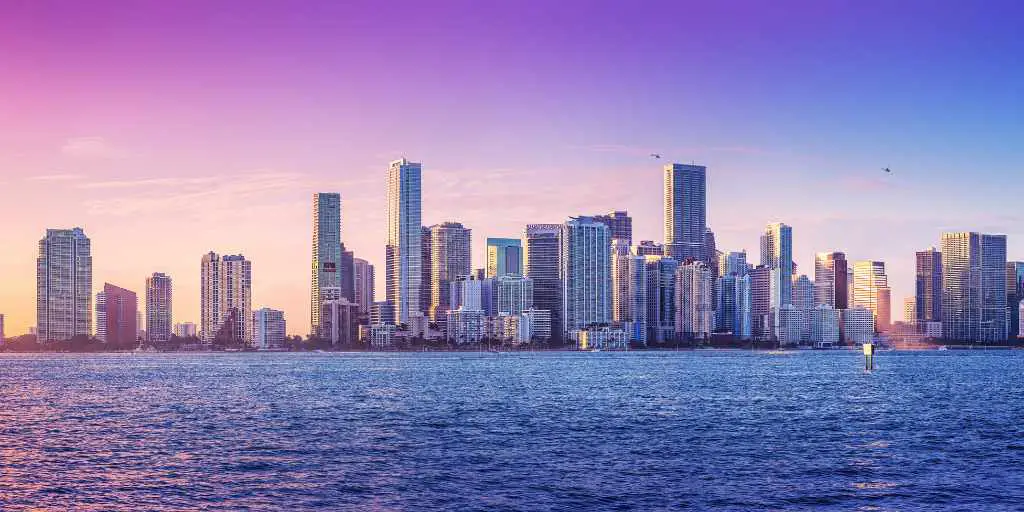If you’re looking for a fun and exciting career that involves serving delicious drinks, bartending might be the perfect fit for you! But you’ll need a bartending license before pouring drinks in New Jersey. In this article, we’ll guide you through becoming a licensed bartender in the Garden State. From minimum age requirements to training programs, we’ve got you covered. So, get ready to shake things up and become a licensed bartender in New Jersey!
Do You Require a Bartending Certificate to Work as a Bartender in New Jersey?
No, no laws require a certificate for working as a bartender or serving alcohol in New Jersey. However, you do need to be 18 and have a clean criminal record.
Who Administers State Laws for Alcohol?
The Division of Alcoholic Beverage Control (ABC) is responsible for regulating and controlling the alcoholic beverage industry in New Jersey. Its mission is to promote responsible consumption, protect citizens, ensure fair trade practices, maintain industry stability, and collect state taxes on alcoholic beverages. You will need to contact this agency if you open an establishment that will serve or sell alcoholic beverages.
What Kinds of Liquor Licenses Are There in New Jersey?
Several different types of liquor licenses are available in New Jersey, each with its own set of regulations and requirements. Some of the most common types of liquor licenses in New Jersey include:
- Plenary Retail Consumption License: Allows for the sale of alcoholic beverages for consumption on licensed premises, such as a bar or restaurant.
- Plenary Retail Distribution License: Allows selling packaged alcoholic beverages for off-premises consumption, such as liquor stores.
- Limited Brewery License: Allows for the manufacture, storage, and distribution of malt alcoholic beverages, such as beer.
- Limited Distillery License: Allows for the manufacture, storage, and distribution of distilled alcoholic beverages, such as spirits.
- Limited Winery License: Allows for wine manufacture, storage, and distribution.
- Catering Permit: Allows for the sale and service of alcoholic beverages at a specific event or location.
It’s important to note that each license type has its application process, fees, and regulations, and it’s important to consult with the New Jersey Division of Alcoholic Beverage Control for more information on the specific requirements for each type of license.
Bartending License Requirements for New Jersey
To serve alcoholic beverages in New Jersey, you must meet the following requirements:
- Minimum Age Requirement: By law, you must be at least 18 to serve alcohol in New Jersey.
- You must not have a felony conviction on your record (“Convicted of a sex offence” or “crime involving moral turpitude while employed on a licensed premises”).
- Individuals convicted of crimes of moral turpitude who are expected to perform duties such as serving, selling, soliciting the sale of alcoholic beverages, participating in the preparation or mixing of drinks, providing private security, admission monitoring services, or management and professional services on licensed premises in New Jersey must obtain a rehabilitation permit. This permit is required to work on licensed premises, allowing individuals with a criminal history to show evidence of their rehabilitation and good conduct.
Are There Bartending Schools in New Jersey?
Yes, there are many bartending schools in the state, and most offer online training and in-person classes by experienced instructors. Some do offer a free trial class, but check with the school before signing up for one.
Is TIPS Certification Required in New Jersey?
No, the law does not require TIPS certification or attending a bartending school to sell alcohol in New Jersey. However, many establishments may require an alcohol server to obtain TIPS certification, “Training for Intervention Procedures”. This certification program teaches bartenders and servers how to prevent and handle situations involving alcohol misuse, including underage drinking and over-serving. While it is not a legal requirement in New Jersey, obtaining TIPS certification can improve your job prospects and demonstrate your commitment to responsible alcohol service.
How Long Is the TIPS Certification Test?
The length of the TIPS certification test can vary depending on the specific program or course provider. Generally, the online course and exam can take 2-3 hours to complete, while the in-person course and exam can take up to 4 hours. However, some programs may offer an accelerated or condensed version of the course and exam that can be completed in less time. It’s important to check with the specific TIPS certification provider for more information on the length and format of the course and exam.
How Much Do Bartenders Make on Average in New Jersey?
Bartenders’ wages in New Jersey will vary greatly depending on the establishment. Where you choose to bartend and how many hours you work will greatly impact your ability to make an income.
According to websites like Indeed and Intuit, the average base salary for a bartender is $18.20 or $27,000 per year as of 2023, according to Intuit Mint’s data based on tax returns. It depends on the schedule that you choose to work and how busy the bar is because most of your income comes from tips.
Conclusion
Bartending is a fun and exciting career, but to serve alcoholic beverages in New Jersey, you need to meet certain requirements, including being at least 18 years old and having a clean criminal record. While there is no legal requirement for TIPS certification or attending bartending school, obtaining TIPS certification can demonstrate your commitment to responsible alcohol service and improve your job prospects.
If you’re interested in bartending in other American states, we’ve written an article about bartending requirements across America here.




